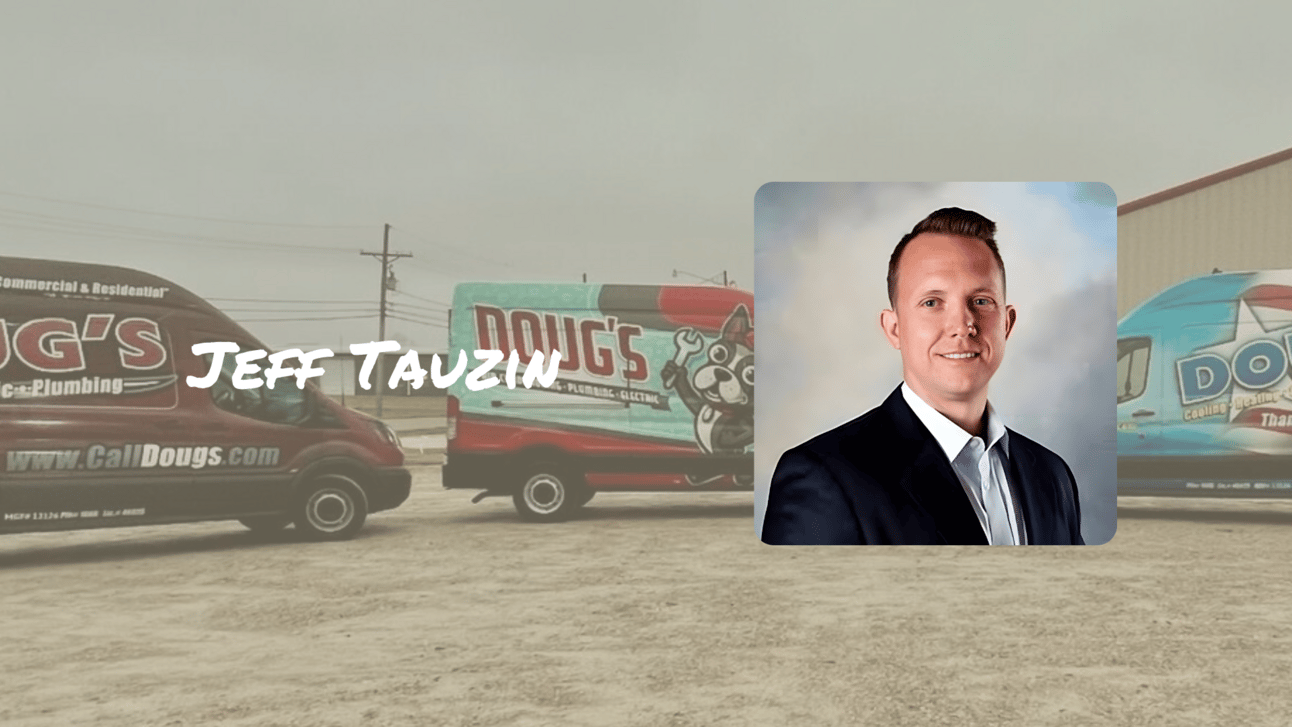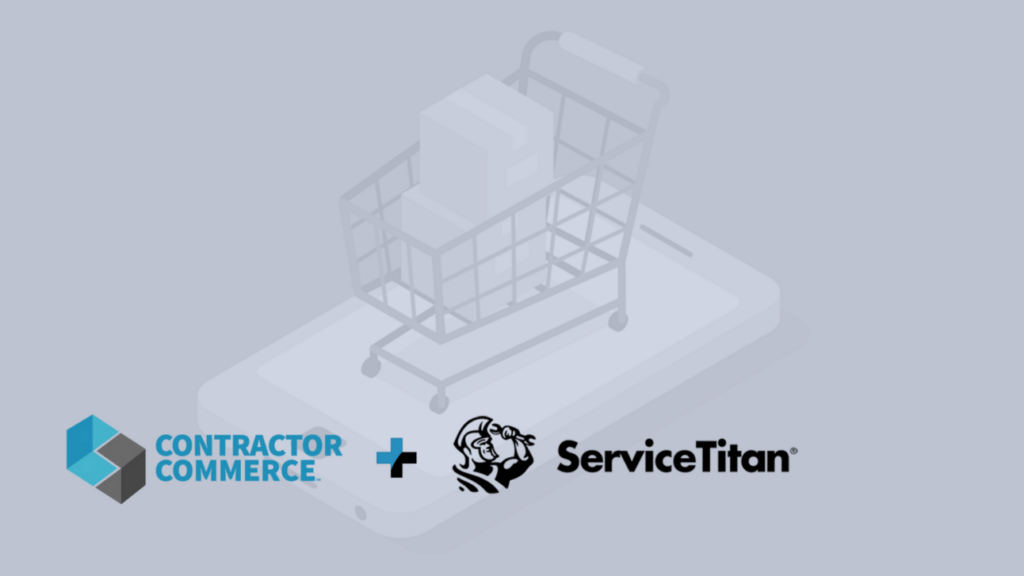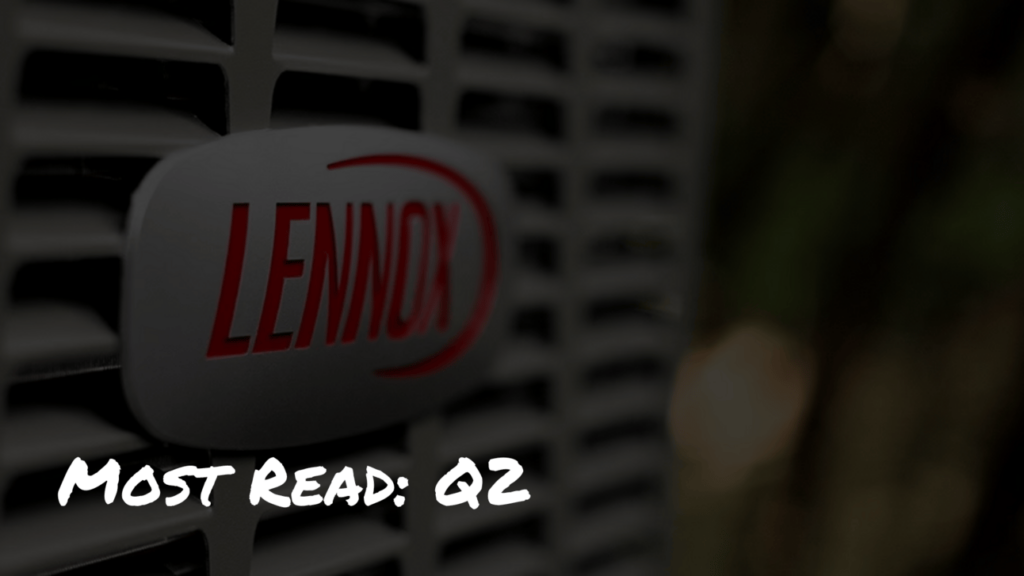Keeping it simple and focusing on profit with Jeff Tauzin of Doug’s Service Company
March 22, 2024

❝
Focus more on what you do well and do it over and over again. Try and improve by 1%. Keep it simple.
Jeff Tauzin is an HVAC industry vet who owned and operated Doug’s Service Company, based in Louisiana, for 30 years and through its acquisition by Air Pros in 2022.
We talked about focus, the labor shortage as a myth, setting margin targets, and more. Our conversation’s been lightly edited for brevity and clarity.
You’ve been in the industry for a while. Can you tell me about your background?
My grandpa started an HVAC company in the mid-1950s after the Korean War. My dad worked for him and they had a falling out — I don’t know if he got fired or if he quit; two different stories. He left and started doing HVAC work on the side then started the company that I ended up buying from him.
I told him I wanted to do it, but I didn’t want to work in a truck my whole life. At the time, we were doing around $400,000 in revenue — just me, my dad, and a helper. My dad’s great, technically, but wasn't very business savvy. Once he gave me the go-ahead, I started studying sales and marketing and came across Matt Michel’s newsletter. I got into that group and started applying that stuff to the business.
What were some of the main lessons you learned from running Doug’s?
If I did it again, I’d focus on one or two verticals and keep doing that over and over. I had a mentor who told me, “Your job as a business owner is to maximize profitability, period. You’re not here to make friends. When you maximize profitability, you can grow the business, pay your employees more, provide better benefits, and give back money to the community.”
When you add verticals like plumbing and electric, it distracts you from what you do well. In most cases, although revenue increases, profit margins either stay the same or decrease, and you’re left with more clients trying to collect more money with more labor. Focus more on what you do well and do it over and over again. Try and improve by 1%. Keep it simple. That’s it.
At a high level, what are you seeing in the industry today?
On the acquisition side, multiples are still relatively high. A lot of PE firms have a lot of dry powder and need to deploy that capital. What’s crazy is that the multiples people are getting on these companies have only come down one, two, or maybe three points.
Even though you have all this technology like AI, there’s still a need for humans to go into people’s houses. Contractors need to avoid getting caught up in software and technology, because, it’s awesome, but the problem is that it’s not a fix-all. Hopefully, you see more and more smaller companies adopt more of a uniform business model — kind of like you see in restaurant franchising; it lifts the whole industry up.
Aside from being part of a PE platform and/or having software, how can a contractor actually differentiate themselves nowadays?
Some companies are doing a good job at this, but most contractors aren’t highly involved in social media, and I think the younger generation needs to take advantage of that. I really believe that if you can use your platform to have something fun, not only can you reach a huge audience, but you can significantly lower your marketing costs.
If you’re gonna really capture the 20 to 35-year-olds, you need to be on social media heavy. They’re not listening to traditional radio and watching TV, or worried about what pops up in the direct mailbox. I see a big opportunity that’s probably not being taken advantage of by most contractors.
❝
I think the labor shortage is almost a myth.
If you could pick one or two best practices that drive growth the most, what would you pick?
I’d say recruiting and training. People are gonna make you money, and every time you hire somebody, the rule of five applies: they know five people. Being able to hire well and then train people rapidly is a big deal. Don’t get overly concerned about turnover rate, because people can take you to where you are, but usually, the same people can’t take you to where you want to go.
Being able to recruit top talent, or even green talent, and train them rapidly is the easiest way to grow a company, in my opinion. Look at McDonald's — their turnover rate is insane, yet they were able to build a multi-billion dollar business. Why? Because everything’s pictures. To build a Big Mac, you look up, and it shows you how to build a Big Mac. You can train somebody in one day.
Is there a most important financial metric to focus on as an operator?
Knowing what I know now, I’d set my budget at about 5% more net profit. You’ll always have sh*t get stolen or broken, miss 1-2% on certain targets, or have two or three employees leave at the same time. I’d never target less than 15% net profit and wouldn’t work for anybody who couldn’t pay me at the time of service if I did it all over again.
I’d have less than 5 days of aging receivables. If you can’t pay me now, I’m not gonna work for you. When we were doing commercial, our receivables were like $300,000, and once I cut it out, they were below $50,000 12 months later.
How do you think the labor shortage can be addressed over the long term?
I think the labor shortage is almost a myth. The reason there’s a shortage is because most contractors want to hire experienced people. So Contractor A hires John because John just quit Contractor B. Then Contractor A fires him, and Contractor C hires him. I think the problem is that the industry as a whole does a poor job of attracting people early on. University has done a great job at attracting young people to go to college.
In the house, college starts pretty much as soon as you can communicate with your child. It’s ingrained in the culture, whereas going to be a tradesperson is “eh.” When people do find out what they can make [in the trades], it’s sometimes too late. The industry needs to do a better job at putting feet on the ground and catching people early on. So I don’t think there’s a labor shortage, it’s just that most people look in the wrong places.
What should contractors be thinking about regarding the industry’s future?
Definitely AI. I think what’s gonna happen with AI, as you load in more data, is it’ll do the troubleshooting for the technician. You’re not gonna need the guy with 20 years of experience. You’ll have technology in your hand that you can plug into the HVAC system and it immediately troubleshoots it. I think that’s where we’re going; more technology will be adopted. I see it as a big part of the future.
In the next 5 to 10 years, you’ll have Baby Boomers retiring and the younger generation will be managing companies. More MBAs are buying companies, and those people are tech-savvy, too. Technology should make the business easier and help maximize profit margins. Invest in AI!
📬 Get our stories in your inbox
Keep reading
The FTC banned fake, deceptive reviews. Here’s what it means for contractors
As of October 2024, "purchasing" fake reviews by offering customers discounts is banned, along with a few similar practices
Most Read: Q2 2024
The top five reads from the last quarter, in order


